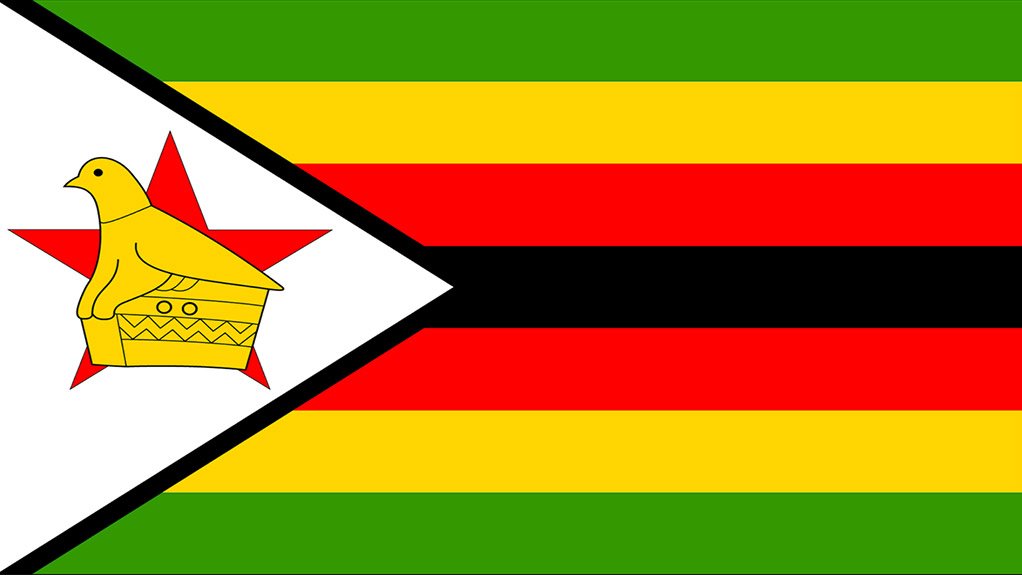At least once a month — and sometimes as often as three times a week — a private plane lands in a secure part of Robert Gabriel Mugabe International Airport on the outskirts of the Zimbabwean capital, Harare, carrying millions of US dollars. The pallets of cash are unloaded, broken down into packages, and then distributed to transfer points across the country.
This unusual but legal operation, organized by the country’s biggest mobile money app, Mukuru, illustrates how far companies will go to accommodate customers seeking to avoid the local currency in one of the world’s most dysfunctional economies.
Africa’s mobile money sector has grown rapidly over the last two decades, and now processes around $912-billion a year, according to GSMA, a global research and lobby group for mobile operators. But while most fintechs focus on sending money digitally, the ones in Zimbabwe also fill a different niche: they help Zimbabweans get their hands on physical US dollars.
“The demand for dollars is massive in Zimbabwe,” said Ross Martin, the commercial manager for Africa for Travelex, one of the world’s biggest foreign exchange firms. In the first five months of the year, remittances from Zimbabweans living outside the country rose 16% to $823-million, according to the Reserve Bank of Zimbabwe.
The country’s preference for cash originated more than 15 years ago, after a failed land reform policy set off a hyperinflation spiral that wiped out Zimbabweans’ savings and led to the national currency being scrapped in 2009.
“During hyperinflation, people get rid of their local currencies like hot potatoes,” explained Steve Hanke, a professor of Applied Economics at Johns Hopkins University. In the midst of one such episode, the US dollar became king.
The government has made six attempts to reinstate a national currency since then, with the latest being a gold-backed unit known as the ZiG. When that launched in April, 80% to 85% of all transactions in Zimbabwe were being conducted in US dollars, according to the national statistics agency. While the new currency has so far been stable, it’s been an uphill battle to get people to adopt it.
“Since I have foreign currency, I don’t have to worry about currency depreciation,” Maureen Nyoni, 68, explained while collecting remittances from her children in the UK from a Mukuru agent in Harare.
The bias toward cash doesn’t only reflect concerns about the ZiG’s stability. The government has a history of converting foreign dollars held in banks into local currency without warning, and of imposing strict limits on withdrawals — both of which have scared Zimbabweans away from the formal banking sector.
Much of the $1.9-billion in remittances sent into Zimbabwe last year were channelled through Mukuru, the country’s biggest money transfer service, with rivals Mama Money, hellopaisa and informal means accounting for a large proportion of the rest. Mukuru served seven million active customers across all its markets over the past year, from Lesotho to Kenya, but it only flies cash into Zimbabwe, which provides almost half of all of its business.
“If you want to be relevant in a tech or fintech environment in Africa,” said Andrew Jury, the Mukuru chief executive officer, “you have to have these strong on- and off-ramps to cash.”
The company was started in a spare bedroom in Cambridge, England in 2008, by two Zimbabweans who wanted to send money home to their families as inflation in the country was skyrocketing towards 500-billion percent. They started out selling coupons that Zimbabweans could exchange for gasoline. “Necessity is the mother of invention,” said Jury.
Mukuru now operates primarily through an app, and in the case of Zimbabwe, caters largely to citizens working in neighbouring South Africa who want to send money home. Customers can make cash, debit card or mobile money payments, and once a transaction has been registered the money becomes available to recipients either digitally or in hard currency.
“Fintechs in Africa are so much more adaptive than in the global north,” explained Mathieu Coquillon, director and co-founder of rival Mama Money. “We deal with things that they would never come across,” he said, mentioning power cuts, crime and sudden changes in regulation.
The companies are an improvement for some customers, who previously had to rely on their main competition — informal couriers who drive vehicles full of cash and goods into the country. “In the past, I used to receive money via third parties,” said Craig Zhou, a retiree and Harare resident. “But at times those couriers became dishonest or the bus would break down on its journey.”
Zimbabweans’ reliance on cash is also a headache for authorities, who want to encourage the ZiG’s uptake so they can exercise more control over the economy. Having had little success, they’re now trying to stifle the black market trade for dollars.
That will be an ongoing challenge.
“I don’t want the ZiG, as my suppliers charge their prices in US dollars,” said Thembelani Ncube, 38, who runs an upholstery business in the second largest city of Bulawayo. “You get there and they’ll tell you they take ZiG — but their point of sale machine is not working. That’s how they’re avoiding this currency.”
EMAIL THIS ARTICLE SAVE THIS ARTICLE
To subscribe email subscriptions@creamermedia.co.za or click here
To advertise email advertising@creamermedia.co.za or click here











